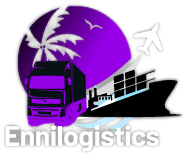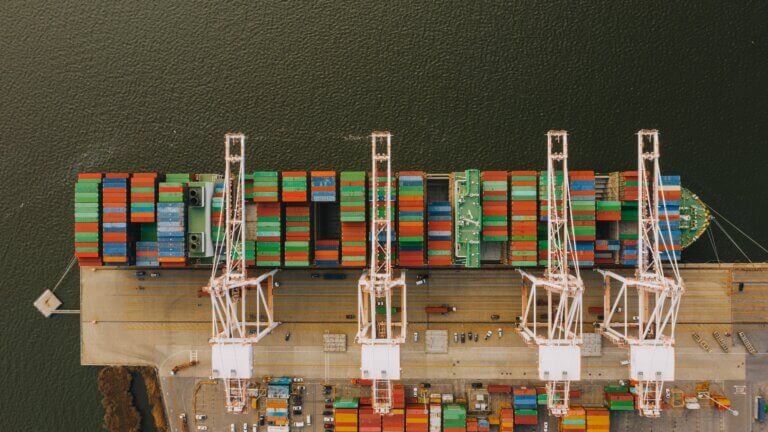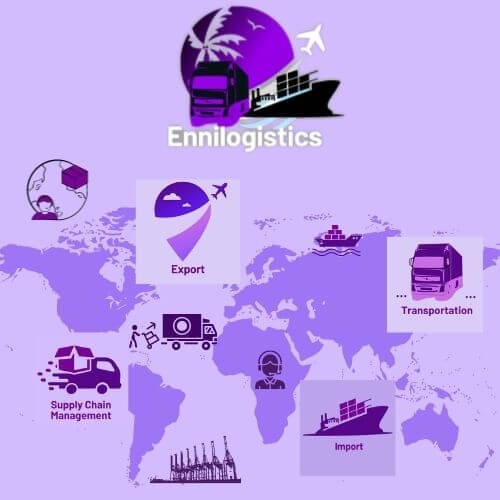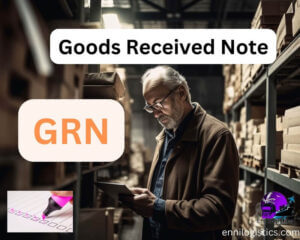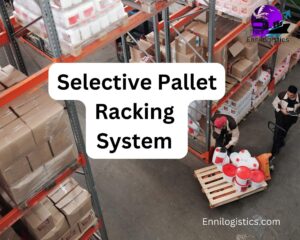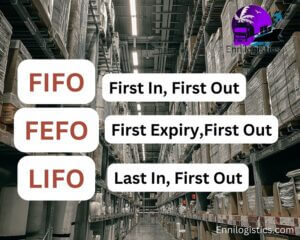In the world of international shipping, setting sail can be a rewarding and profitable venture. When your company has the opportunity to expand worldwide, you have access to countless opportunities. Customs negotiations, though, are a crucial element that, in the vast ocean of logistics, can make or break your success. Like a skilled captain navigating treacherous waters, understanding the art of customs negotiation is essential to ensuring a smooth voyage for your shipments.
In this blog post, we will embark on a journey to uncover the custom negotiation strategies and insights that will empower you to successfully ship internationally. From deciphering country-specific regulations to building relationships with customs authorities, we will unravel the secrets to seamless customs clearance. So, hoist your sails and prepare to explore the world of customs negotiation, as we dive deep into the tactics that will steer your shipments towards their international destinations with confidence and efficiency.
Why is researching Country-Specific regulations essential for international shipping?
It’s crucial to arm yourself with knowledge of regional customs laws as you prepare to ship internationally and set your sights on distant horizons. Every destination country holds a treasure trove of customs requirements that must be sorted through, just as each port has its own distinctive qualities and regulations. You can confidently navigate these uncharted waters and guarantee a smooth journey for your priceless cargo by setting out on a journey of thorough research.
Demands for taxes and duties
Duty and tax requirements serve as your compass when you’re sailing in international waters. You can accurately predict the cost implications of your international shipments by doing your homework and understanding the duty and tax rates and implications of your destination country. With this knowledge, you are better equipped to optimize your pricing strategies, ensuring both profitability and competitiveness.
Getting Through the Difficult Reefs of Prohibited Items
Every port has a list of forbidden treasures, so it’s important to be familiar with what is forbidden in the country you are traveling to. Knowing about and being aware of these limitations can help you avoid paying expensive fines, experiencing delays, or even having your goods seized. Your shipments are protected, and you continue to follow local laws, by avoiding the perilous reefs of prohibited goods.
Organizing the Required Documentation:
Documentation serves as your compass as you travel through international waters, directing your shipments through the customs clearance procedure. For a smooth transition, it’s imperative to research the precise documentation required by your destination country. Commercial invoices, packing lists, certificates of origin, and licenses are just a few examples of the documents that make up the puzzle. Knowing the precise requirements guarantees that you have all the required documentation in order, avoiding delays and guaranteeing a smooth customs clearance process.
By thoroughly researching the customs laws of various countries, you can equip yourself with the knowledge to confidently navigate international waters. This essential knowledge not only protects you from unforeseen obstacles but also promotes trust with customers, partners, and customs authorities in your target market.
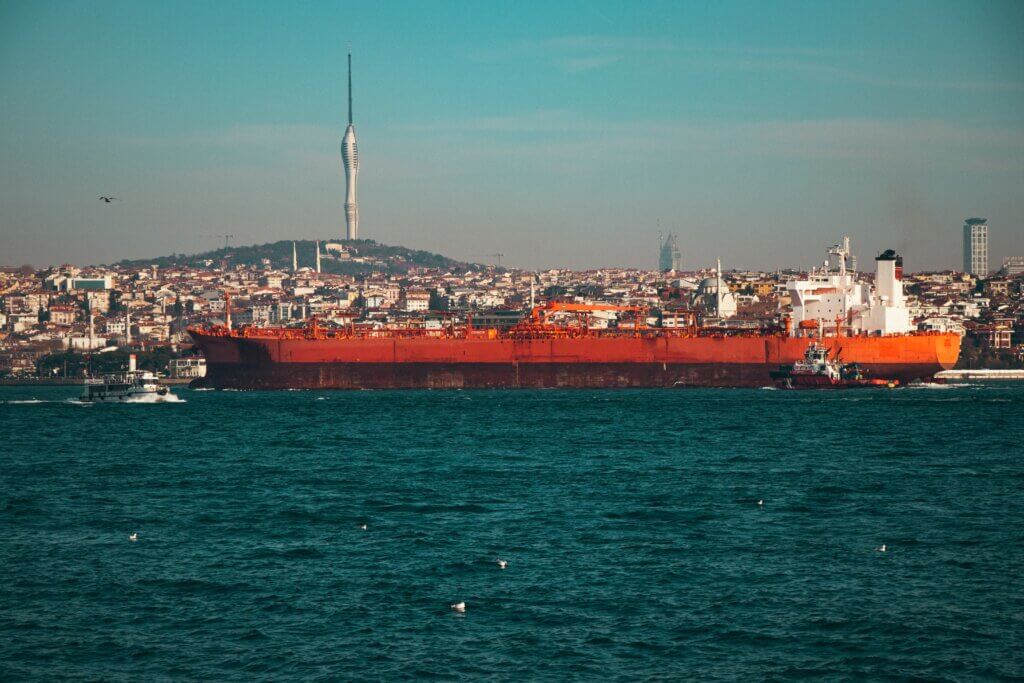
How to negotiate with Custom Authorities
By cultivating a rapport with customs authorities, you lay the foundation for more favorable negotiations. Building trust and open lines of communication can result in streamlined processes, reduced bureaucratic hurdles, and expedited customs clearance. This, in turn, translates into minimized delays, enhanced efficiency, and improved transit times for your shipments.
Attend trade shows and other events
Trade conferences and events provide beneficial chances to interact with customs officials. These events offer a setting for networking, idea sharing, and face-to-face conversation. Make the most of these occasions by actively participating in seminars, panels, and networking events where you can establish contacts and cultivate relationships.
Engage with Customs Brokers:
Customs brokers act as intermediaries between businesses and customs authorities. Collaborating with experienced customs brokers who have established relationships can be immensely beneficial. These professionals possess an intricate knowledge of customs processes, regulations, and negotiation tactics. By partnering with reputable customs brokers, you gain access to their networks and expertise, creating a bridge to establish relationships with customs authorities.
Go for an experienced Customs Broker in International Shipping
It is critical to hire knowledgeable and experienced customs brokers. These seasoned customs navigators have the compass of experience and the charts of expertise to safely guide your vessel through the ever-changing tides of international shipping regulations.
Customs brokers are your trusted allies when it comes to engaging with customs authorities. Their deep understanding of international shipping regulations, trade policies, and ever-evolving customs practices equips them with the ability to negotiate on your behalf. Drawing upon their experience and established relationships, customs brokers can navigate the complexities of customs procedures, smoothly communicate with authorities, and resolve any issues that may arise. They act as your skilled negotiators, ensuring that your shipments sail through customs with minimal delays and reduced friction.
Imagine you’re a small business owner looking to export a unique, handcrafted item to a foreign market. You may struggle to navigate the complex maze of export regulations, documentation requirements, and specific customs procedures without the assistance of a customs broker. However, with the assistance of an experienced customs broker, you gain access to their vast knowledge and networks. They ensure that your item is properly classified, that accurate documentation is prepared, and that they interact with customs authorities on your behalf. As a result, your shipment breezes through customs, arriving at its destination efficiently and without incident.
Customs compliance, on the other hand, is a maze of rules, regulations, and legal requirements. Customs brokers’ expertise shines through here. You protect your operations from potential risks and costly penalties by entrusting your customs clearance process to experienced brokers. Customs brokers thoroughly examine your documentation, confirm product classifications, and ensure compliance with customs regulations. They stay up to date on changes in laws and procedures, allowing them to help you avoid compliance pitfalls. Customs brokers assist you in avoiding pitfalls and maintaining a strong track record of compliance through their meticulous attention to detail.
By partnering with knowledgeable customs brokers, you tap into a wealth of expertise and industry insights. Their skillful navigation through customs complexities and commitment to ensuring compliance will help your business stay on course, enhancing efficiency, mitigating risks, and unlocking new opportunities in the global marketplace.
Ensure Accuracy and Completeness in International Shipping Documents
You can navigate the customs clearance process with confidence and ease if you prioritize accurate and detailed documentation. Your attention to detail demonstrates your commitment to compliance, transparency, and professionalism. This sets you apart in the vast sea of international traders, allowing you to sail smoothly through customs checkpoints, mitigate delays, and forge strong relationships with customs authorities.
Customs authorities rely on these documents to verify the nature, value, and origin of the goods being imported or exported. By providing meticulous paperwork, you build trust with customs officials, expedite the clearance process, and demonstrate your commitment to compliance.
Here are the types of documentation you should focus more on.
Commercial Invoices – These thorough invoices offer a thorough breakdown of the goods, including names, numbers, unit costs, and total values. To calculate the appropriate duties and taxes, you must accurately and clearly record the financial aspects of your shipment.
Packing Lists-These itemized lists provide a thorough inventory of the goods being shipped, including package dimensions, weights, and contents. Accurate packing lists aid in verifying the shipment’s contents, facilitating customs inspections, and ensuring transparency throughout the logistics chain.
Certificates of Origin-These records attest to the country of origin of the products and are crucial for determining whether a product qualifies for duty exemptions, preferential trade agreements, or tariff reductions. Providing accurate certificates of origin is crucial for compliance and avoiding unnecessary delays or penalties.
Shipping and Transport Document- Documents such as bills of lading or airway bills provide evidence of ownership and serve as proof of shipment. They outline the terms of transportation, including the consignor, consignee, and details of the carrier. Accurate shipping and transport documents are vital for smooth logistics operations and customs clearance.
Stay Updated on Regulatory Changes
Trade laws and customs regulations are constantly changing. It is essential to remain informed and adjust to these changes if compliance is to be ensured and operational effectiveness is to be maximized.
a) Visit frequently the websites of the customs bureaus, trade departments, and other pertinent government organizations in your target markets. These official sources frequently offer updates on changes to import/export procedures, trade agreements, and customs regulations. Be aware of any updates, announcements, or rules that may affect your shipments.
b) Industry Publications: Join reputable industry publications, trade publications, or newsletters that offer information on developments in international trade. You can stay informed and adjust your strategies as necessary by reading these publications’ frequent articles, analyses, and expert opinions on customs laws and new trends.
c) Customs Consultancy Companies: Working with customs consultancy companies can be a huge help when navigating complicated regulatory environments. These companies focus on customs compliance and can give you individualized advice, carry out assessments, and provide ongoing support to make sure your operations comply with evolving laws. You can stay ahead of the curve and keep your competitive edge by teaming up with knowledgeable experts.
As we near the shore of our maritime exploration into the realm of customs negotiation and international shipping, let us reflect on the valuable insights we have uncovered. You have prepared yourself with a wealth of tactics for successful international shipments by realizing the value of customs negotiation, investigating nation-specific regulations, building relationships with customs authorities, hiring knowledgeable customs brokers, supplying accurate documentation, getting ready for inspections, and keeping up with regulatory changes.
You now have the tools to skillfully and confidently negotiate the complexities of customs clearance, just as an experienced captain does when navigating perilous waters. Your knowledge grows deeper with each passing wave, your expertise broadens, and your logistics operations reach new heights. I hope now you have cleared your doubts on how to negotiate in logistics. On this remarkable voyage, you will experience fair winds and abundant seas. Bon voyage!
